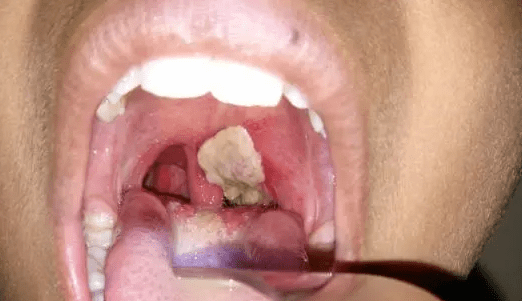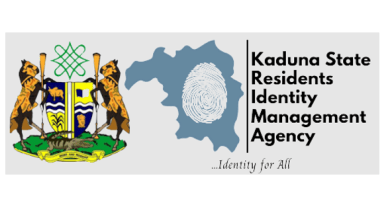Kano State building momentum against diphtheria outbreak
Aminu Dayyabu Alharini had never heard of diphtheria outbreak until his brother Jubrin, then seven years old, was stricken with the illness in July 2023. The disease’s most recent outbreak has killed over 500 people in Nigeria.
Jubrin was diagnosed and treated at the nearby health facility in Alharini community, Kano State, Nigeria. After complaining of a sore throat for two days, he suddenly acquired a high fever and was sent to a specialized hospital.
Between May 9, 2022, and October 25, 2023, a total of 15,569 suspected cases of diphtheria (9772 confirmed cases) were reported throughout Nigeria; 547 of these cases resulted in death. Nineteen states have reported confirmed cases, with the Federal Capital Territory (FCT), Kano, Yobe, and Bauchi states experiencing the greatest impact.
With 8022 confirmed cases, Kano state, where Jubrin resides, has the highest illness burden. Due to the development of a grayish membrane in the throat, diphtheria, a bacterial infection that can be prevented by vaccination, is extremely contagious and can cause serious respiratory problems. It causes respiratory difficulties and can be fatal if left untreated.
People like Jubrin who receive therapy right away recover completely. Jubrin’s brother, the village chief, is now utilizing his experience and standing in the community to inform and educate others about the value of immunizing children against diseases like diphtheria when he has recovered.
Dr. Abubakar Labaran Yusuf, the Kano State Commissioner of Health, says that “interrupting transmission in Kano state is crucial to reduce the risk of spread at the community level.”
In order to bolster the national and subnational governments’ response to the outbreak, WHO is collaborating with partners. In order to strengthen important outbreak control measures, such as disease surveillance, laboratory testing, contract tracing, case investigation and treatment, training, and community collaboration to support the response activities, it has allocated US$ 1.3 million for the response.
“WHO has been a valuable partner,” claims Dr. Yusuf.
Kano state has conducted three stages of reactive regular vaccination campaigns in February, April, and August 2023 utilizing the combination tetanus-diphtheria and pentavalent vaccines, with help from the World Health Organization and the United Nations Children’s Fund. It takes all three doses to fully protect against diphtheria. Additionally, WHO has given and assisted the nation in obtaining medications to treat the illness.
In Kano state, over 670 000 eligible children (4–14 years old) received the tetanus-diphtheria vaccination in 18 high-burden local government districts, while approximately 75,000 zero-dose children under the age of two received their first dose of the pentavalent vaccine.
In order to promote efficient cooperation, the Organization also offers technical knowledge and has created strategic documents and guidelines for the federal government, states, and partners.
Dr. Walter Kazadi Mulombo, WHO Representative in Nigeria, states, “WHO is committed to work with the Government of Nigeria and partners to ensure that we respond swiftly and in a coordinated manner to this concerning outbreak of a vaccine-preventable disease.” We must continue urging all parents to bring their children in for routine childhood vaccines until we have reached all the children who have not received the diphtheria vaccine.
Living in Ungogo Local Government Area, a diphtheria hotspot in Kano state, Safiya Mohammed, a mother of two, made sure her kids had their shots. Safiya remarks, “I had never heard of diphtheria.” “I don’t want the disease to kill or sicken my kids or anyone else in the neighborhood. In order to keep my kids safe, I also have to make sure the kids they play with are safe.




